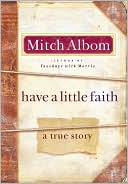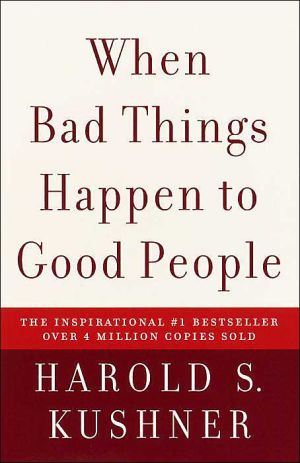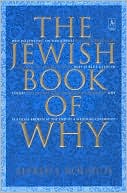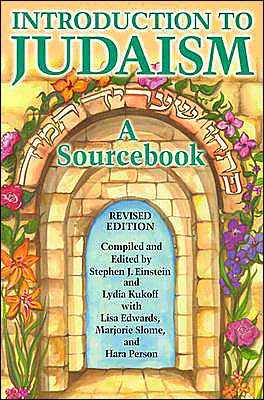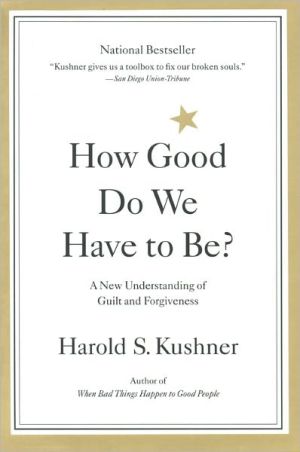The Genesis Calendar: The Synchronistic Tradition in Genesis 1-11
Since the discovery of the Dead Sea Scrolls in 1947, there has been a debate about the relationship of the covenanters and their library to Jerusalem's Temple, as well as speculation about the viability of their 364-day calendar (seen also in Jubilees and First Enoch). Gardner's thesis is that the calendar was viably constructed in the post exilic period by the pre-Hasmonean Jerusalem priesthood using Babylonian expertise, and that synchronistic schemes (one very like Qumran's "Mishmarot," in...
Search in google:
Since the discovery of the Dead Sea Scrolls in 1947, there has been a debate about the relationship of the covenanters and their library to Jerusalem's Temple, as well as speculation about the viability of their 364-day calendar (seen also in Jubilees and First Enoch). Gardner's thesis is that the calendar was viably constructed in the post exilic period by the pre-Hasmonean Jerusalem priesthood using Babylonian expertise, and that synchronistic schemes (one very like Qumran's "Mishmarot," in combining lunar, solar and 364-day data) are deliberately concealed in the Massoretic text of the Primeval History, in the puzzling ages of the patriarchal genealogies in Genesis 5 and 11. The Foreword to The Genesis Calendar is written by Prof. James C. VanderKam, Notre Dame University, Indiana, Author of "The Dead Sea Scrolls Today."Author Biography: Bruce K. Gardner is the recently-appointed Honorary Research Fellow in Hebrew and Semitic Languages, Aberdeen University, Scotland, UK, and Visiting External Course Tutor in Apocalyptic, The McMaster Divinity College, McMaster University, Ontario, Canada. He taught Theological Education by Extension in Lima, Peru, and maintains lively contact (in Spanish) with the Latin American world. He has also taught Foundational Theology and Philosophy in the Continuing Education Department, Aberdeen University, UK, and was Teaching Fellow in Hebrew Bible, in The Department of Divinity and Religious Studies there. Booknews While studying the Massoretic Hebrew, Samaritan Pentateuch, and Septuagint Greek texts of Genesis 1-11, Gardner (Aberdeen U., Scotland) discovered calendars long disguised as patriarchal genealogies: the family tree from Shem to Terah and Abram. He explains that the calendars are on either side of the Flood, which figures as a
DedicationList of Tables and FiguresGenesis 5 and 11: Primeval History Numerical GenealogiesForewordPreface, and ApologiaAcknowledgementsThe Genesis CalendarCh. 1Six related problems in the Hebrew calendar1Ch. 2Problem 1: understanding calendar evidence15Ch. 3Problem 2: dealing with unfamiliar calendars43Ch. 4Problem 3: Was the Mishnah out of step?99Ch. 5Problem 4: to intercalate a 364-day calendar127Ch. 6Problem 5: Key of Enoch and Genesis 1-11183Ch. 7Problem 6: Pre-history to Qumran calendars301Bibliography317Index357
\ Dead Sea Discoveries...Gardner presents us with a remarkable discovery. His work must be read by anyone interested in ancient calendars.\ — Sacha Stern, SOAS/London School of Jewish Studies\ \ \ \ \ BooknewsWhile studying the Massoretic Hebrew, Samaritan Pentateuch, and Septuagint Greek texts of Genesis 1-11, Gardner (Aberdeen U., Scotland) discovered calendars long disguised as patriarchal genealogies: the family tree from Shem to Terah and Abram. He explains that the calendars are on either side of the Flood, which figures as a

